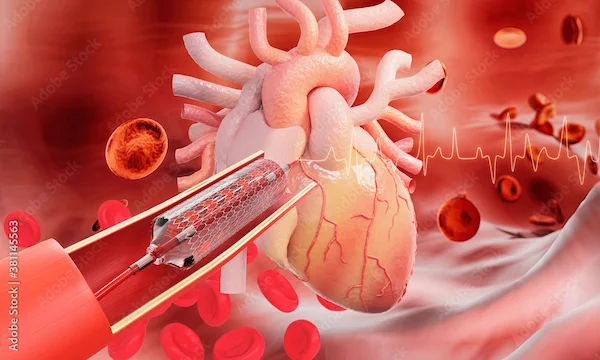- female
- 45 Years
- 29/01/2025
I'm really confused about what the normal blood pressure value is supposed to be. I've read online that it's 12080, but then I've also heard from doctors that 14090 is normal, and some even say up to 160100 isn't a problem. I'm really anxious about this and just want to know what the actual normal range for blood pressure is.
More Cardiology Health Queries
View allWhat does a heart blockage feel like?
Pressure or tightness in the chest, pain in the chest, back, jaw, and other areas of the upper body that lasts more than a few minutes or that goes away and comes back, shortness of breath
Answered by 1 Apollo Doctors
I've been noticing this strange sensation in my chest, like a pressure drop or a quick loss of breath with a tingle that spreads. It's been happening a lot over the past year. Heart issues run in my family and my grandpa even has a pacemaker. Should I be concerned about these symptoms? What do you think this might be?
It sounds like you may be experiencing symptoms of a heart condition, especially given your family history. The symptoms you described, such as chest pressure, shortness of breath, and tingling, could be related to a heart issue. I recommend you consult a cardiologist for further evaluation and testing. In the meantime, you can take Aspirin 81mg once daily to help prevent blood clots and improve blood flow to the heart.
Answered by 1 Apollo Doctors
I'm really worried about my mom. During her regular health checkup, they said she has a mildly positive TMT for inducible ischemia. Her report mentioned she exercised for 8 minutes, reaching a max METS level of 10, and her heart rate went from a resting 70 to a max of 164. Her blood pressure changed from 12078 to a max of 15090. They also found she has dyslipidemia with a total cholesterol of 216, HDL at 71, and LDL at 132. They advised her to take atorva and Ecospirin and to repeat the TMT after 6 months. I'm curious, is this something really serious? And does the medication usually help? Whats the next line of action after this?
Get a 2D echo done and visit cardiologist for appropriate management
Answered by 1 Apollo Doctors
Disclaimer: Answers on Apollo 247 are not intended to replace your doctor advice. Always seek help of a professional doctor in case of an medical emergency or ailment.




_5.webp)

